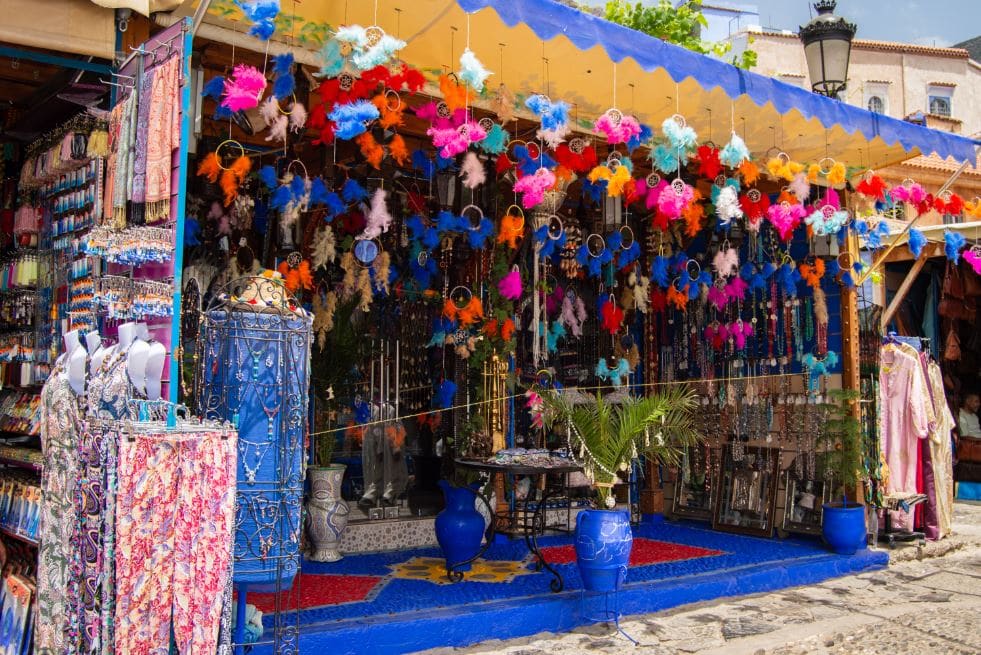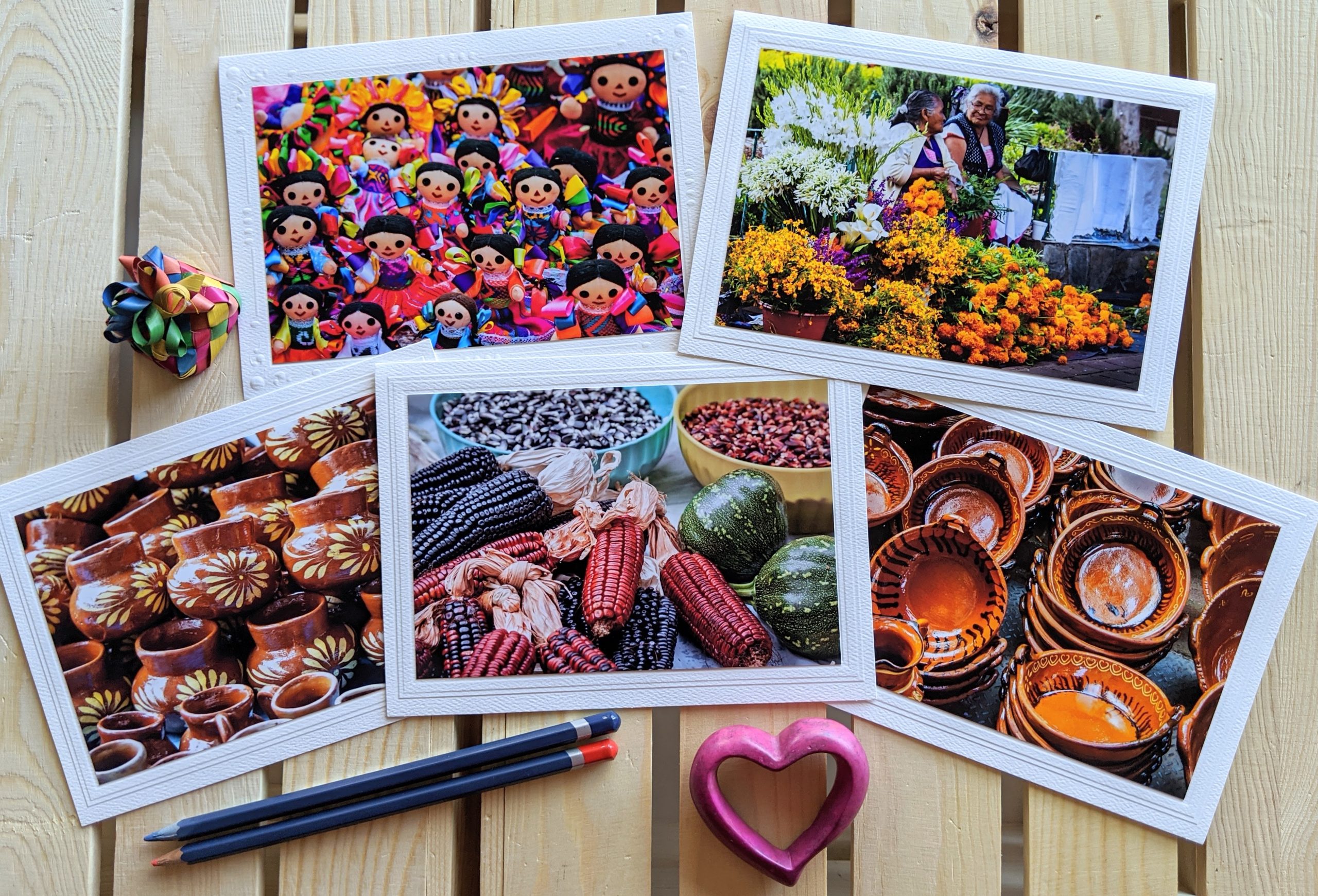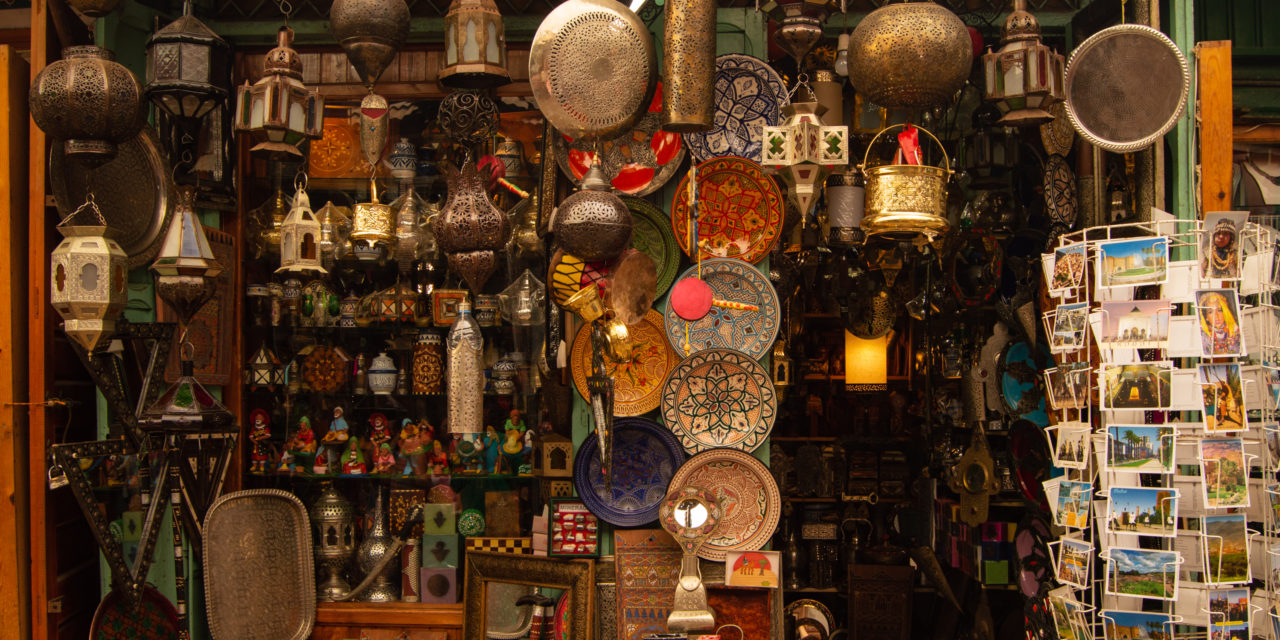Who doesn’t love to have a tangible memory of our travels? Whether they are to display at home or to gift to friends and family, souvenirs are an essential part of almost every trip abroad.
But in a world in urgent need of more sustainable habits, we need to consider how our actions as tourists impact the natural places and communities we visit. Shopping can be incredibly beneficial, but also could be harmful to the economy, environment, and life quality of humans and animals worldwide.
If you’re looking for a way to travel more responsibly, this guide could help you reconsider your shopping habits when looking for souvenirs. Hopefully, it is just the beginning of a long list of changes we can implement in our upcoming trips.
Choose local
Located in main streets, museums, and hotels for everyone’s convenience, souvenir stores are the perfect tourist traps, as they’re the easiest spots where to get cheap presents for everyone. However, most of the products they sell are overpriced, made with cheap materials, and are usually mass-produced somewhere overseas.
Try to stay away from souvenir stores by looking for local artists, crafters, and food producers. Apart from having the peace of mind that your products are authentic, choosing good quality over low prices benefits the local economy. And, of course, you’ll get a loved one something more significant than a fridge magnet or a keychain that will be replaced in less than two months.

Where to find the best local products
- Co-ops
- Markets
- Galleries
- Independent artisan stores
Don’t steal from nature
Removing even the smallest organisms from their natural habitat can cause a vast environmental disequilibrium. And as harmless as it seems, collecting seashells, for example, leaves many beach animals without shelter while altering the soil composition. In these areas, also keep away from the souvenir stores selling coral jewelry, shark teeth, and seashell sculptures. By supporting businesses with products that aren’t sustainably sourced, you’re contributing to depleting the natural wonders of the place you’re visiting.
Stay away from animal products
Just as seashells and corals, stay away from all types of furs, tusks, teeth, and skins. We live in the 21st century so, if you like how these things look on you, buy synthetics instead of supporting an industry that promotes the suffering and extinction of hundreds of species. Sadly, these animal products are not limited to the fashion industry. Traditional Chinese Medicine, lucky amulets, and other pseudosciences base their industries on the lack of general education and the tourists’ needs to find something ‘exotic’ to bring back home.
Other ways to help animals when shopping for souvenirs
- Refuse plastic bags
- Ask vendors about the origin of your product
- Avoid stores with live, caged animals

Be mindful when bargaining
Though this applies mostly to developing countries, it is essential to keep it in mind no matter where you go. In many cultures, bargaining for a fair price is an acceptable and regular practice — a vendor will overcharge you, and you’re expected to ask for the lowest price possible. However, even being a low-budget traveler makes you luckier than most people on this planet. People who depend on their craft to live will sometimes accept the smallest sums of money to be able to eat that day. Make an objective evaluation of the work that went into making your products, and don’t abuse the situation of impoverished countries.
Remember that souvenir shopping is not only an activity to cross names off your checklist in your travels. What you chose to consume and not consume has a significant impact on the local economy and environment. Choosing the best gift to get back home is also an excellent opportunity to support and learn more about different cultures around the world.
Under Mountains in the Moon Souvenirs
Give away the colors of a Mexican craft market.
My travel photography prints and greeting cards make great gifts for all travel lovers!






